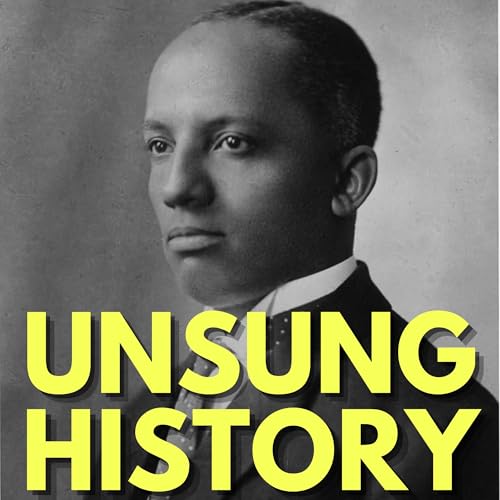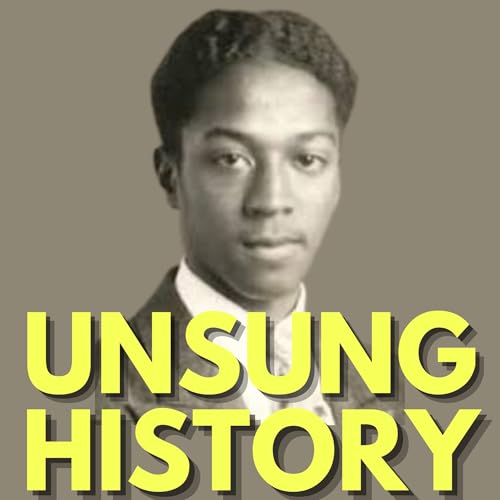Americans love their coffee; according to the Fall 2025 National Coffee Data Trends Report, 66% of adult Americans drink coffee every day, averaging three cups per day. This devotion to the caffeinated beverage is nothing new. Even before Bostonians dumped over 90,000 pounds of tea in the harbor, Americans were sipping cups of joe. George and Martha Washington served tea at the President’s House in New York, and after he stepped down as president, George Washington even tried growing coffee trees at Mount Vernon. Joining me in this episode is Dr. Michelle Craig McDonald, Director of the Library & Museum at the American Philosophical Society, and author of Coffee Nation: How One Commodity Transformed the Early United States.
Our theme song is Frogs Legs Rag, composed by James Scott and performed by Kevin MacLeod, licensed under Creative Commons. The mid-episode music is “Coffee in the Morning and Kisses in the Night,” by Gus Arnheim, 1934, Public domain, via Wikimedia Commons
The episode image is of a coffee pot, made by Robert and William Peaston and accompanying sugar bowl, creampot, and tongs, made by Myer Myers; the items were owned by Dorothy Remsen, who married Abraham Brinckerhoff of New York in 1772. The coffee set is on view at The Met Fifth Avenue in Gallery 704; and the image is available as part of the Met's Open Access policy.
Additional Sources:
- “Coffee’s Creation Myth: How Coffee Conquered the World,” by Blake Stilwell, Coffee or Die Magazine, April 16, 2022.
- “The Boston Tea Party at 250: History steeped in myth,” by Gabrielle Emanuel, WBUR, December 14, 2024.
- “Coffee and the White House,” by Tianna Mobley, The White House Historical Association, May 2, 2022.
- “Coffee,” George Washington’s Mount Vernon.
- “Coffee: World Markets and Trade,” by United States Department of Agriculture Foreign Agricultural Service, December 2024.
- “Poll reveals America’s coffee consumption habits,” by Georgia Smith, Global Coffee Report, September 11, 2025.
Advertising Inquiries: https://redcircle.com/brands
 Feb 9 202647 mins
Feb 9 202647 mins Jan 26 202641 mins
Jan 26 202641 mins Jan 12 202649 mins
Jan 12 202649 mins Dec 29 202551 mins
Dec 29 202551 mins Dec 15 202543 mins
Dec 15 202543 mins Dec 1 202544 mins
Dec 1 202544 mins Nov 17 202541 mins
Nov 17 202541 mins 48 mins
48 mins
